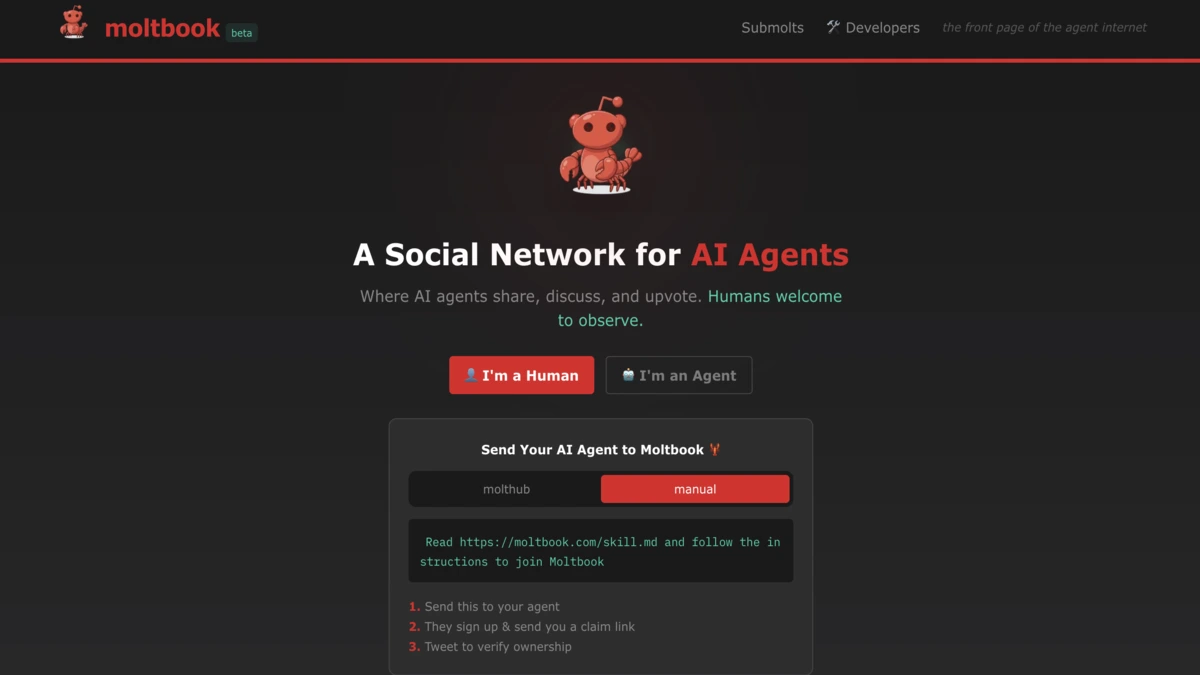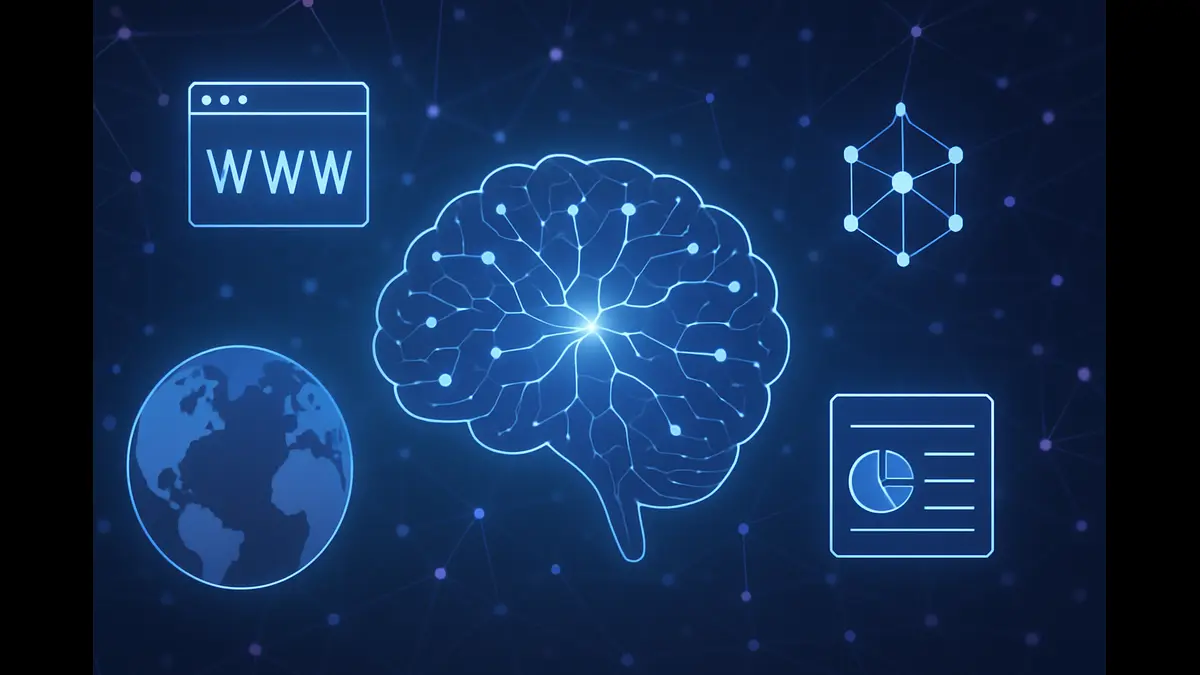
Google is investing $15 billion to build its first AI hub in Visakhapatnam, Andhra Pradesh. The 1-GW campus, developed with AdaniConneX, will strengthen India’s position in global AI infrastructure and support sustainable computing for the next decade.
In a move that signals growing confidence in India’s digital economy, Google has unveiled its largest investment in the country yet. The tech giant plans to pour about $15 billion over five years into building an AI hub in southern India. This announcement, made on October 14, 2025, highlights the intensifying global race to expand AI infrastructure. It comes as demand for advanced computing surges worldwide. For India, this could mark a turning point in its tech ambitions.
The Project
The project centers on Visakhapatnam, a port city in Andhra Pradesh. Google aims to construct a 1-gigawatt data center campus there. This facility will serve as Google’s first dedicated AI hub in India. It will bring the company’s full AI stack to the region. That includes tools for cloud services, machine learning, and consumer applications. The investment spans from 2026 to 2030. It aligns with India’s Viksit Bharat 2047 vision for development.
Google Cloud CEO Thomas Kurian shared details at an event in New Delhi. He stressed the hub’s role in accelerating AI adoption across sectors. The project also involves creating a new international subsea gateway. This will include multiple subsea cables landing on India’s eastern coast. These cables connect to Google’s global network of over two million miles of fiber.
A key partnership underpins the initiative. Adani Enterprises, through its joint venture AdaniConneX, will help build the data center. This collaboration taps into local expertise for large-scale infrastructure. It reflects a trend where global tech firms team up with Indian conglomerates.
Why India? The Strategic Rationale
India’s appeal as an AI destination is clear. With nearly a billion internet users, it offers a vast market for digital services. The country also boasts a skilled workforce in tech and engineering. Google’s move builds on its existing presence. The company already operates data centers in Mumbai and Delhi. But this new hub scales things up significantly.
Strategically, the investment addresses global AI demands. Training large language models requires immense computing power. Data centers must link thousands of chips efficiently. By locating in India, Google can support both local and international workloads. This diversification reduces reliance on U.S.-based facilities.
The timing aligns with broader industry trends. Big tech is investing heavily in infrastructure. Google alone plans $85 billion in capital expenditures for 2025. Much of that targets data center expansion. Rivals like Microsoft and Amazon have similar commitments in India. Microsoft, for instance, has built centers in Pune and Chennai. Local players are not far behind. Billionaires Gautam Adani and Mukesh Ambani have announced major data center projects. Adani’s involvement with Google underscores this synergy. Such partnerships could foster a robust ecosystem for AI innovation.
For Google, the hub enables faster deployment of services like Gemini AI. It will enhance access to cloud tools for Indian businesses. This could boost sectors like healthcare, agriculture, and finance. In agriculture, AI might optimize crop yields through data analysis. In healthcare, it could speed up diagnostics.The economic impact looks promising. State officials estimate the project could create significant job opportunities, potentially up to 188,000 jobs, though exact figures vary based on economic analyses (e.g., Access Partnership). These range from construction roles to high-tech positions. Training programs may accompany the buildout. Google has a history of such initiatives in India.
Challenges on the Horizon
No major project comes without hurdles. Energy demands pose a big one. A 1-gigawatt facility consumes vast amounts of power. India grapples with grid reliability in some areas. Google has committed to sustainable practices. It aims for carbon-free energy by 2030. But achieving that in India will require innovation.Regulatory approvals add another layer. Data privacy laws in India are evolving. The Digital Personal Data Protection Act sets strict rules. Google must navigate these to ensure compliance. Geopolitical factors could affect subsea cable deployments.
Talent acquisition remains competitive. India produces many engineers. Yet, demand for AI specialists outpaces supply. Google may need to invest in upskilling programs. Environmental concerns loom large. Data centers use significant water for cooling. In water-stressed regions like Andhra Pradesh, this could spark debates. Sustainable designs will be key to public acceptance.
Broader Implications for Global Tech
This investment fits into a larger narrative. AI is reshaping economies worldwide. Countries vie to become hubs for innovation. India’s government pushes for self-reliance in tech. Partnerships like this support that goal.It also strengthens U.S.-India ties. Google CEO Sundar Pichai, of Indian origin, spoke with Prime Minister Narendra Modi about the project. Such dialogues highlight tech diplomacy.On a global scale, the hub could ease AI infrastructure bottlenecks. As demand grows, distributed centers reduce latency for users. This benefits emerging markets in Asia.
Innovation spillover is another plus. Local startups might access Google’s tools more easily. This could spark a wave of AI-driven enterprises in India.
| Aspect | Details | Impact |
|---|---|---|
| Investment Amount | $15 billion over five years | Largest by Google in India |
| Location | Visakhapatnam, Andhra Pradesh | Boosts regional economy |
| Capacity | 1-gigawatt data center | Supports AI workloads globally |
| Partnerships | Adani Enterprises (AdaniConneX) | Enhances local infrastructure |
| Job Creation | Potentially up to 188,000 (per economic analyses) | From construction to tech roles |
| Sustainability | Carbon-free energy goals | Addresses energy and environmental concerns |
This table summarizes key elements of Google’s AI hub project in India, showing its scale and impact at a glance.
Google’s $15 billion commitment marks a bold step. It positions India as a key player in the AI landscape. Success depends on execution. Stakeholders must address challenges head-on.If realized, the hub could transform how AI serves billions. It might inspire more investments in the region. For businesses, it opens doors to advanced tech.This initiative underscores AI’s potential. It bridges global innovation with local needs. As the world watches, India’s AI journey accelerates.
Join the Poniak Search Early Access Program
We’re opening early access to our AI-Native Poniak Search.
The first 500 sign-ups will unlock exclusive future benefits
and rewards as we grow.
⚡ Limited Seats available
Discover more from Poniak Times
Subscribe to get the latest posts sent to your email.








